Breaking News: Groundbreaking Research Offers Hope for Chemotherapy-Induced Nerve Damage
Researchers at Weill Cornell Medicine and Wake Forest University School of Medicine have made a significant discovery that may revolutionize the way we approach chemotherapy-induced nerve damage. According to their findings, chemotherapy triggers a stress signal in immune cells, leading to inflammation and nerve pain, a debilitating side effect experienced by many cancer patients.
This breakthrough came after a thorough investigation into the mechanisms behind chemotherapy-induced nerve damage. The study revealed that the stress signal, which activates a stress-sensing system inside immune cells, can be blocked using a drug already in clinical trials for cancer treatment. Early blood tests suggest that it may even be possible to predict which patients are at risk of developing these symptoms before they occur.
The researchers conducted their study on mice, which showed promising results. The mice that received the treatment experienced reduced nerve pain and maintained healthier nerves compared to those that did not receive the treatment. This finding has the potential to improve the quality of life for millions of cancer patients worldwide.
The implications of this discovery are far-reaching and could change the way we approach cancer treatment. Chemotherapy-induced nerve damage is a significant concern for many patients, and this breakthrough offers new hope for those affected. The researchers are now working to translate their findings into clinical practice, with the goal of making the treatment available to patients as soon as possible.
The study was published on November 21, 2025, and the researchers are eager to continue their work. They plan to conduct further studies to confirm the effectiveness of the treatment and to explore its potential applications in other areas of medicine. With this breakthrough, we may be one step closer to making cancer treatment more tolerable and effective for patients.









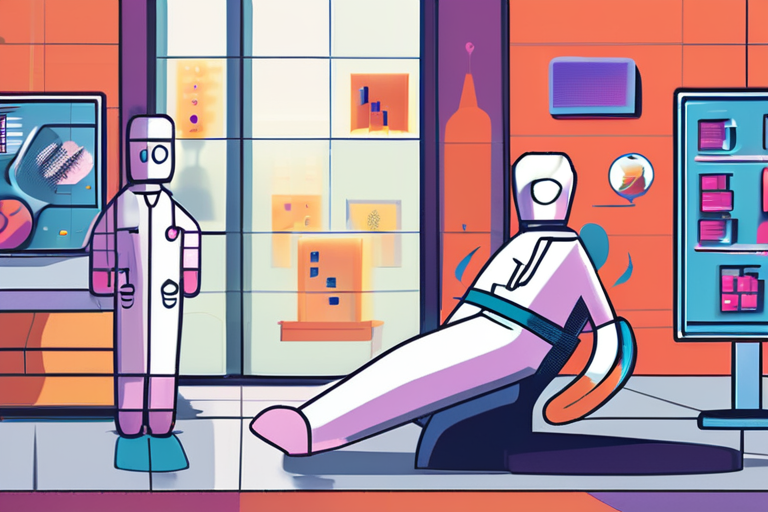

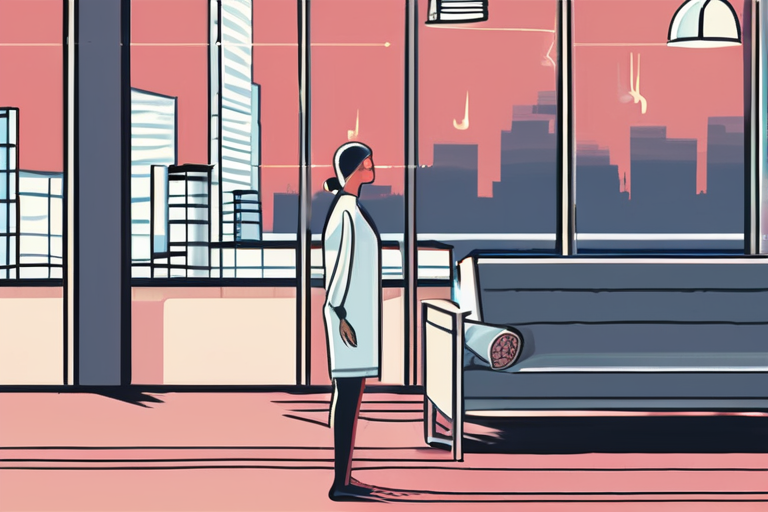
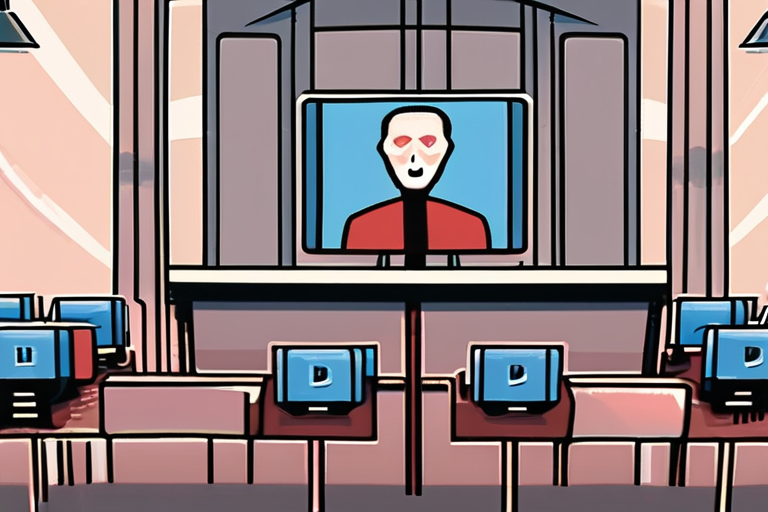


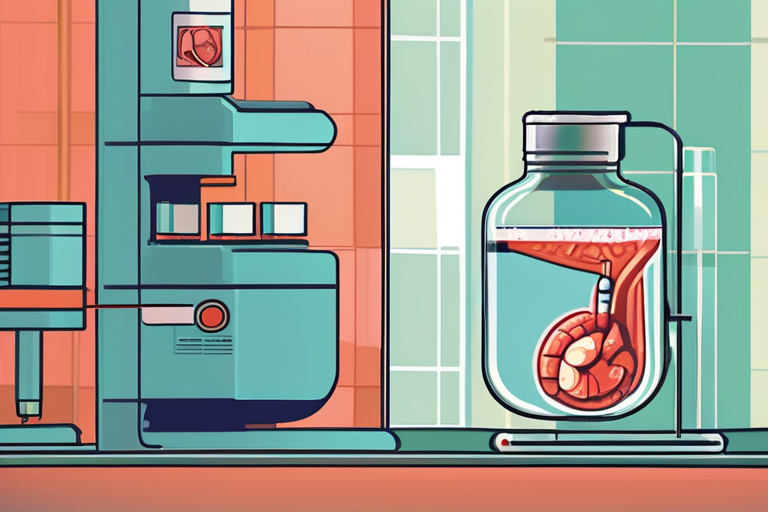






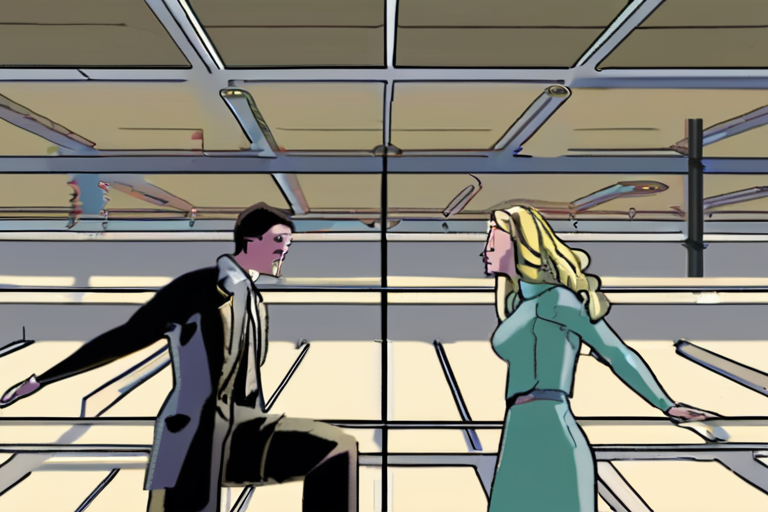



Share & Engage Share
Share this article